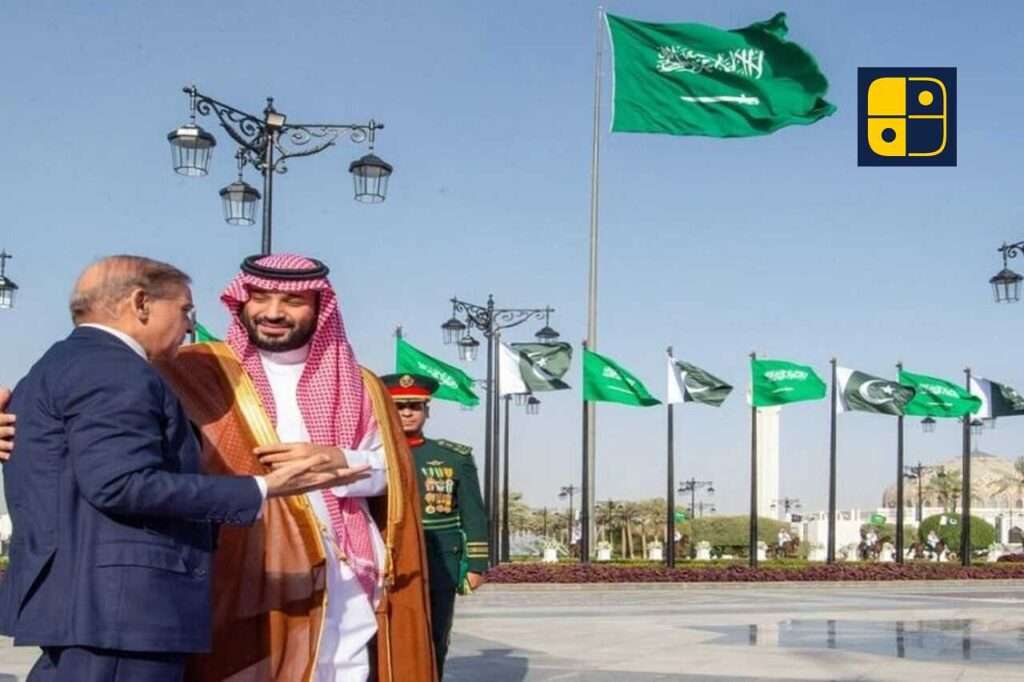Pakistan’s Defence Minister Khawaja Asif has confirmed that under the Strategic Mutual Defense Agreement signed on 17 September 2025, Islamabad’s nuclear arsenal would be “available” to Saudi Arabia in the event of conflict. The pact declares that an attack on one state will be treated as an attack on both effectively extending Pakistan’s 170-warhead nuclear deterrent to Riyadh.
This is unprecedented. Saudi Arabia, long reliant on U.S. security guarantees, now appears to be under a de facto nuclear umbrella outside the framework of the Nuclear Non-Proliferation Treaty (NPT). Analysts warn it risks triggering a regional arms race, especially given Iran’s nuclear ambitions and Israel’s undeclared capabilities.
For India, the development is deeply unsettling. Pakistan’s willingness to externalize its nuclear assets challenges South Asia’s fragile deterrence balance. New Delhi has cautioned Riyadh to respect “regional sensitivities,” but the pact could embolden Pakistan’s posture vis-à-vis India, complicating both deterrence and diplomacy.
Globally, the deal underscores a shift; Gulf states are hedging against waning U.S. security commitments by forging independent deterrent alignments. If normalized, this precedent blurs the lines between sovereign nuclear responsibility and proxy guarantees raising profound questions about global non-proliferation norms and regional stability.

